From the "scandal" of the film Southern Forest Land, according to screenwriter Trinh Thanh Nha, enjoying or criticizing a film in particular and a work of art in general should come from an impartial and scientific attitude.
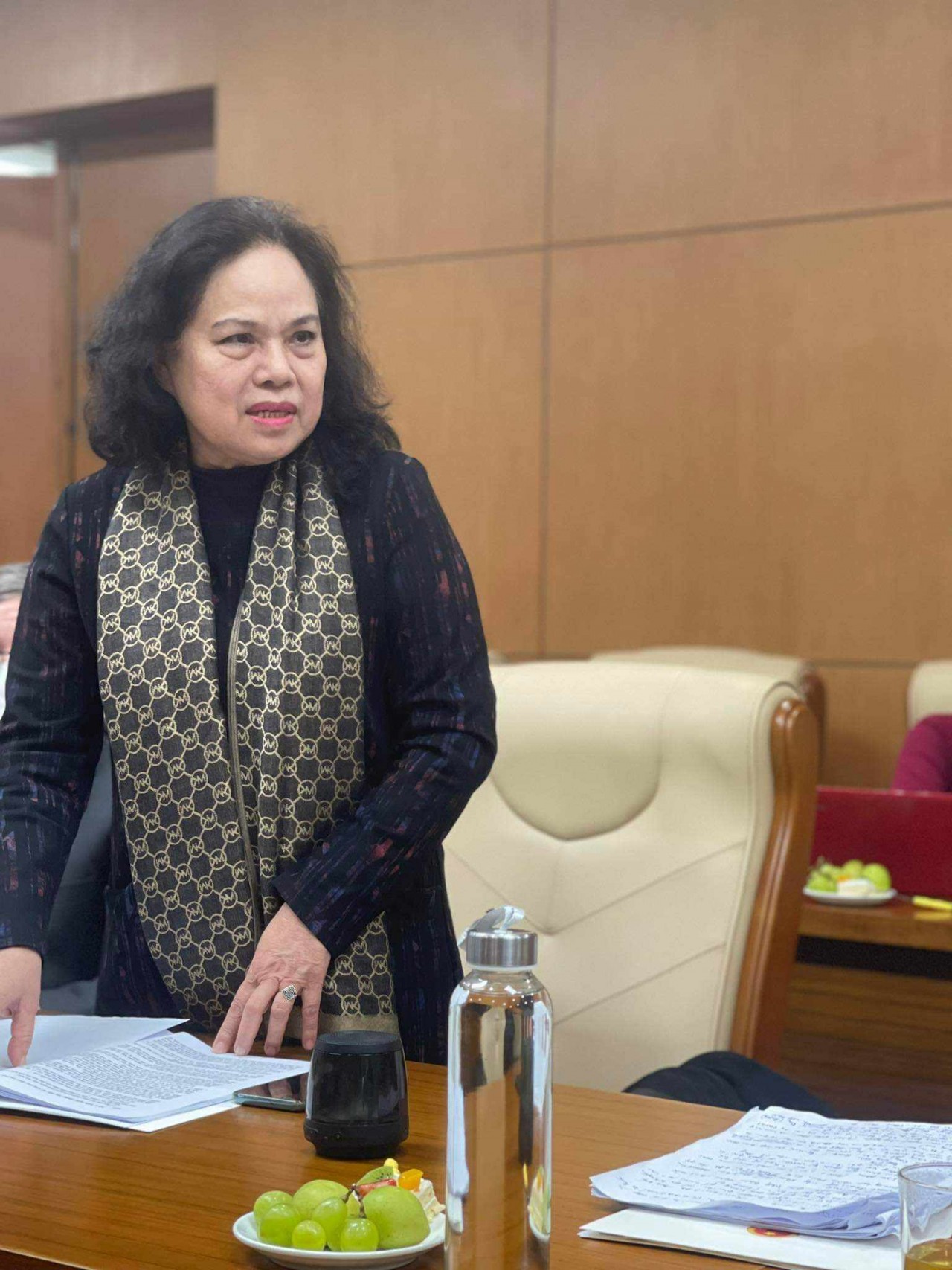 |
| Ms. Trinh Thanh Nha believes that, from the controversy over the film Southern Forest Land, the audience should enjoy art impartially. (Photo: NVCC) |
From the "scandal" of Southern Forest Land
In the face of conflicting opinions surrounding the film Southern Forest Land , in my opinion, any work of art that causes a stir when it is “released” is a good sign, showing that the work “has something to say”. Professional debates about the work are extremely valuable to the creative team.
But the way of giving comments in the form of slandering and labeling the author and the work is an attitude of artistic appreciation that is unkind, unfair, unobjective and unscientific. This has happened before and has ruined the fate of many artists and writers.
In the case of the 2023 version of Southern Forest Land , I think the reason for the recent noise is because a part of the audience, in a "fever" of national spirit, looked at and examined the film with the suggestion that they were holding within themselves.
Inferences from very small details have been exaggerated, leading the online community to have one-sided understandings. Even people who have never seen the movie have "followed suit", creating an unnecessary wave of reactions to a work of art.
In general, I think that enjoying or criticizing a film in particular and a work of art in general should come from an impartial and scientific attitude. You can criticize “it”, but start from the understanding of a true scientist.
Literary adaptation is a literary term that refers to a general method of writing called adaptation, in which there are at least 3 common ways of doing it:
Adapting the original, that is, being absolutely faithful to the original, just using a different language of expression. However, this method is not strictly followed by the authors of adaptations. At least they are readers with their own receptive psychology, no matter how faithful, the derivative work still carries the personal mark (emotions, details, situations, etc.) of the creator.
Adaptation is a freer manipulation of the original work, based on the core themes, situations, characters, etc. of the original work. The adaptor can add or remove dramatic situations, settings, or characters that are not in the original work to the derivative work, as long as it makes the derivative work more attractive, clearer, and basically presents the work from his or her strong personal perspective.
“Taking inspiration” is a more liberal adaptation. In a derivative work, we can see the setting, time, characters… significantly shifted or expanded, as long as the character’s personality established in the work, as well as the character’s purpose of action, is not distorted. That is, the ultimate theme of the original work is still ensured.
This happens with both film and theater. With all three basic adaptation methods, it is completely legal as long as there is an agreement between the original author (or copyright owner) and the author of the derivative work.
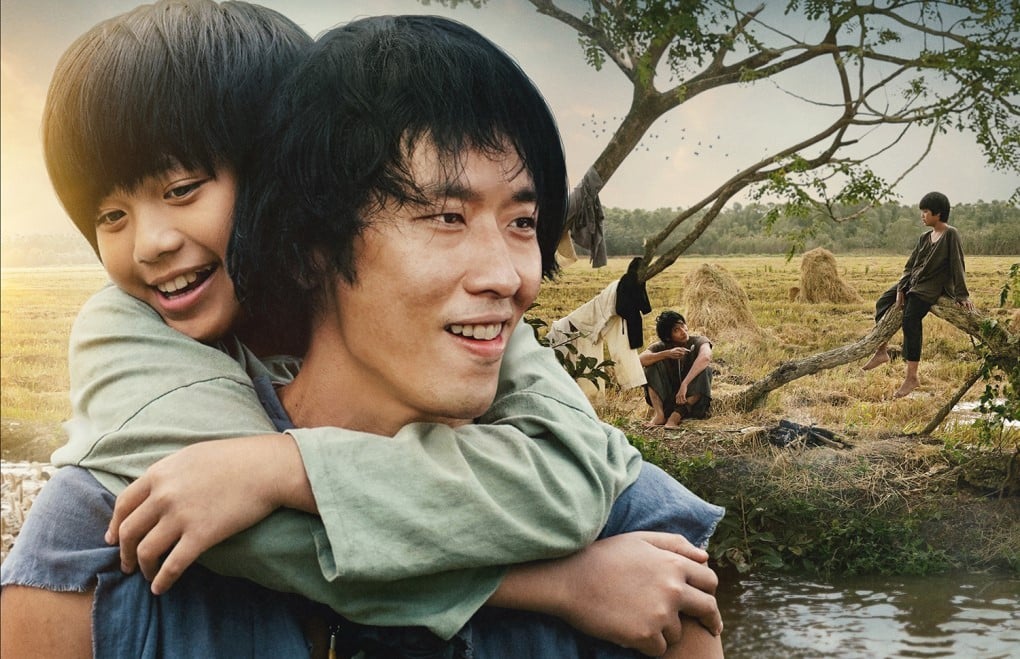 |
| Tuan Tran - as Ut Luc Lam and Hao Khang - as baby An in the poster of Dat rung phuong Nam. (Photo: Thanh Huyen) |
Enjoying art needs to be healthy
Creating art based on historical materials is always a sensitive and controversial topic, not only in Vietnam but all over the world. Therefore, from the case of Southern Forest Land , we need to be more open when receiving art. History is an attractive and challenging topic/material for creators.
However, we also know that the concept of “loyalty to history” is quite vague. Because if we want absolute loyalty, we should look to history books or documentaries. As for fictional works, including literature, theater, cinema, painting, etc., historical themes are the “land” for the imagination and philosophical inferences of the creators to soar.
Recently, I have noticed that literature and theater have gone a long way ahead of cinema in this regard. Many literary and theater authors have produced works based on historical themes. With cinema, because the budget required for a work to be produced is so large, there is more caution.
But that is enough to see that history is not a "shackle" for the creator. Creativity should be based on the creator's ability to speculate and rich imagination, as long as the spirit of the times they exploit is not distorted.
In order for historical adaptations and fictions to have new vitality in today’s society, I think there are two sides to the problem. On the author’s side, when starting on historical or historically related topics, authors should consult historical experts or officially published historical documents. But that is not enough, “cross-checking” with sources and expert opinions is also necessary, so that from those documents we can create and fictionalize freely and confidently.
As for the viewer, one should not watch movies or read books from one’s own biased perspective, because one is not sure that what one knows is correct. Enjoy art to evaluate the intrinsic logic of the work itself, placing “it” in the spirit of the times. Do not use today’s biases to evaluate the historical values of centuries ago. That is a fair, healthy and civilized attitude towards art appreciation.
Vietnamese cinema is facing many challenges and difficulties. In fact, just one detail in a work can become a disaster for the author and the work comes from non-literary reasoning. We think that we need to avoid these disasters as much as possible, so that literature in general and cinema in particular can have an innocent, liberal life and bring many beautiful emotions to the public.
Trinh Thanh Nha is a rare female screenwriter in Vietnamese cinema who has been successful in both film and television. More than 35 years ago, she entered the film industry and achieved success with her first screenplay “ Fairy Tales for 17-Year-Olds ” with the Best Screenwriter Award at the 8th Vietnam Film Festival in 1988. As a screenwriter, she is the author of several movies: Fairy Tales for 17-year-olds, The Fate of the Witches, Bodhisattva, Love Trap... She is also the author of many TV drama scripts such as: Tears between two centuries, Time crossroads, Green spider, Magic code, Turn, Green roses, Village raft story, Touching the dawn, Hue - red apricot season, Green obsession, Against the waves, Life game... |
Source


![[Photo] "Beauties" participate in the parade rehearsal at Bien Hoa airport](https://vstatic.vietnam.vn/vietnam/resource/IMAGE/2025/4/11/155502af3384431e918de0e2e585d13a)


![[Photo] Looking back at the impressive moments of the Vietnamese rescue team in Myanmar](https://vstatic.vietnam.vn/vietnam/resource/IMAGE/2025/4/11/5623ca902a934e19b604c718265249d0)


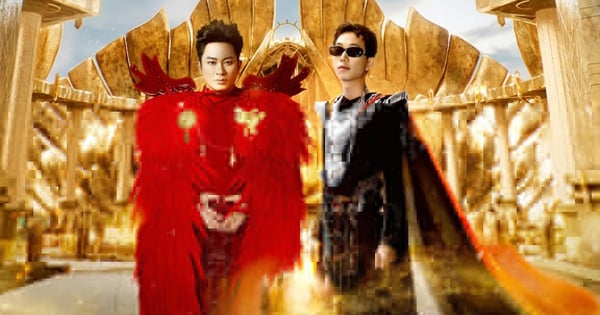

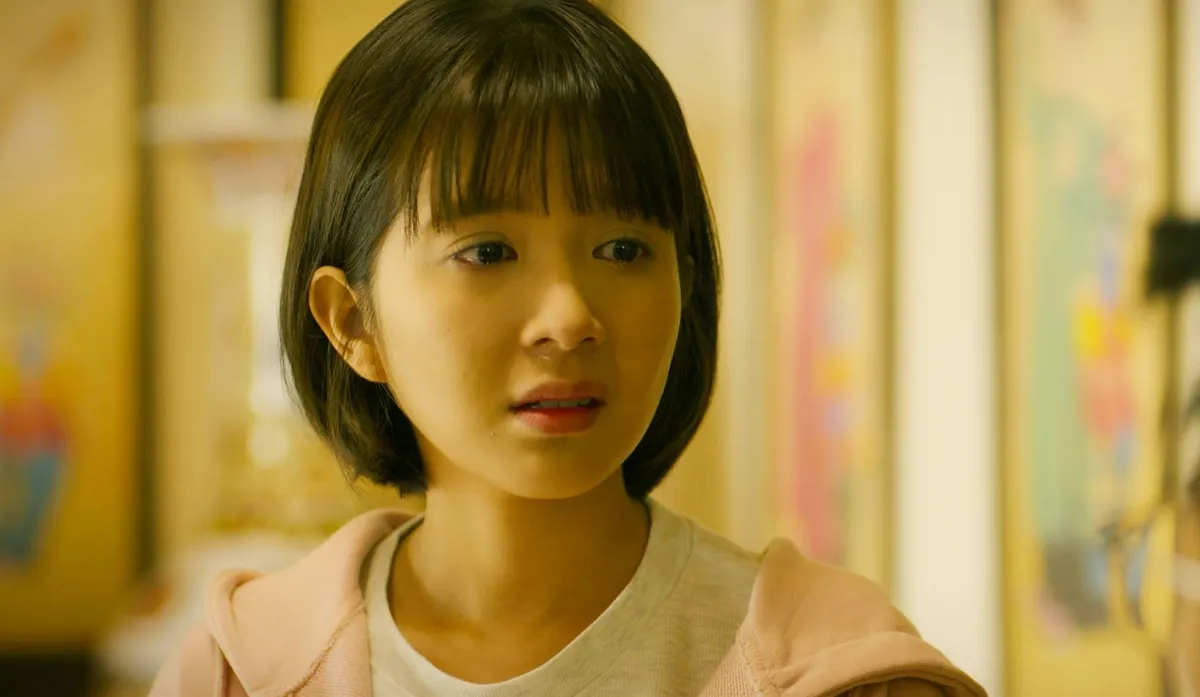

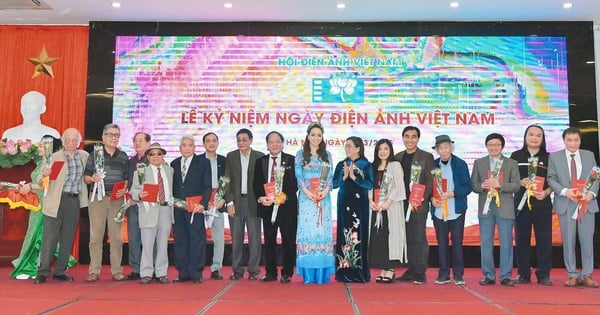

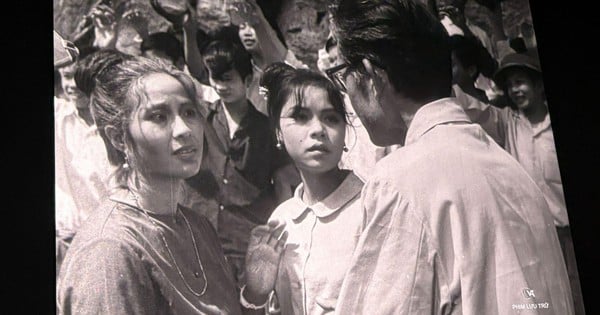

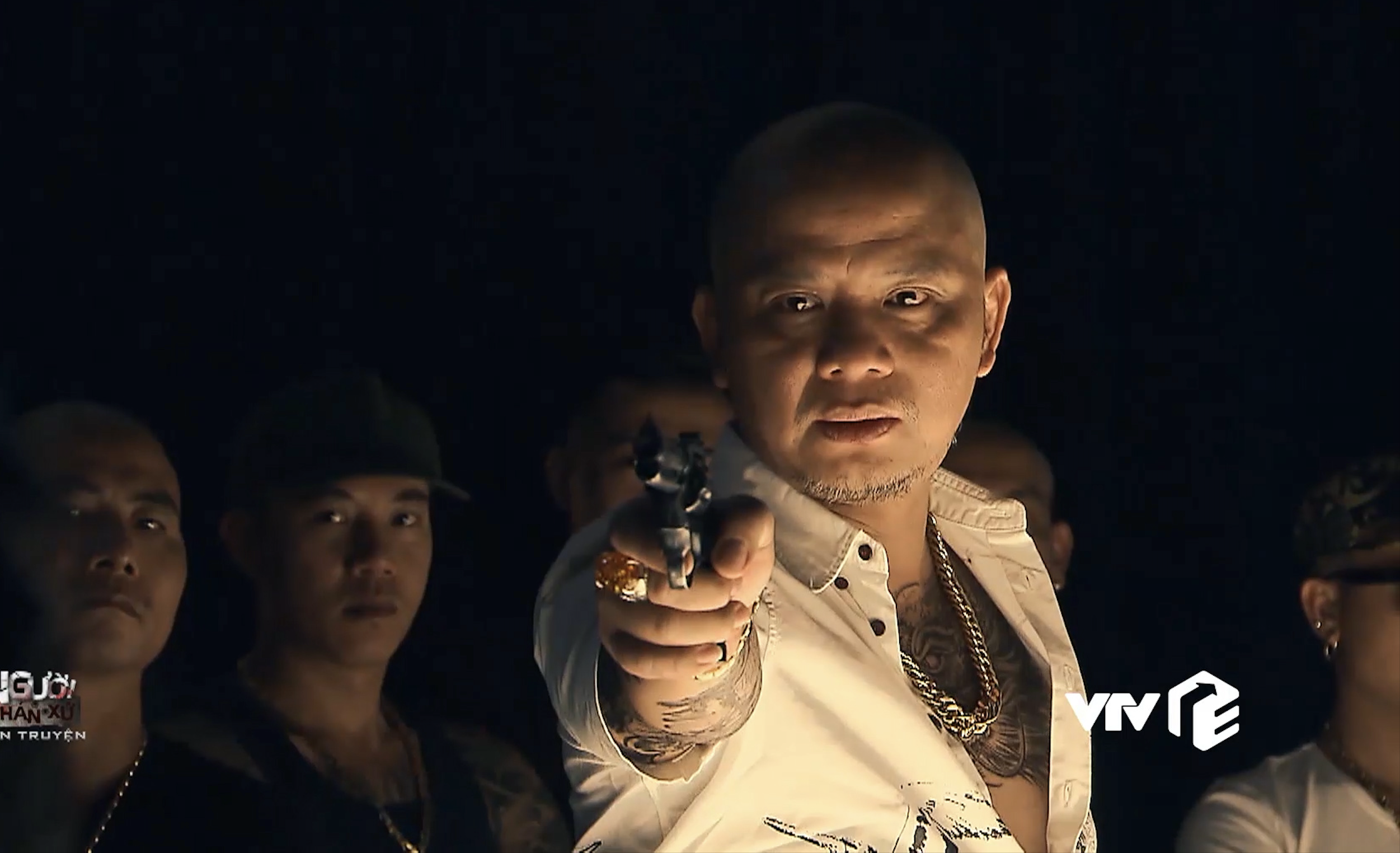



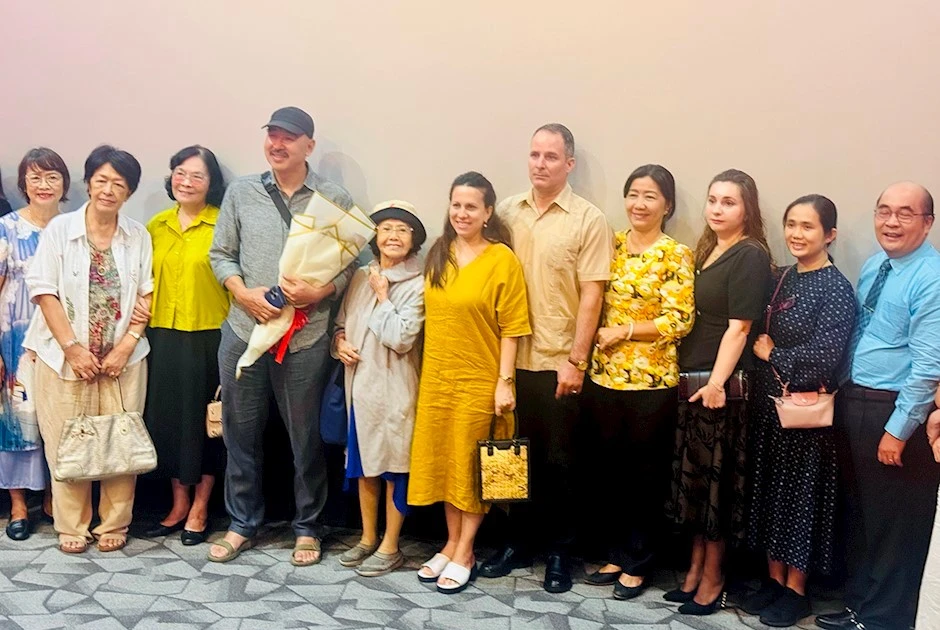
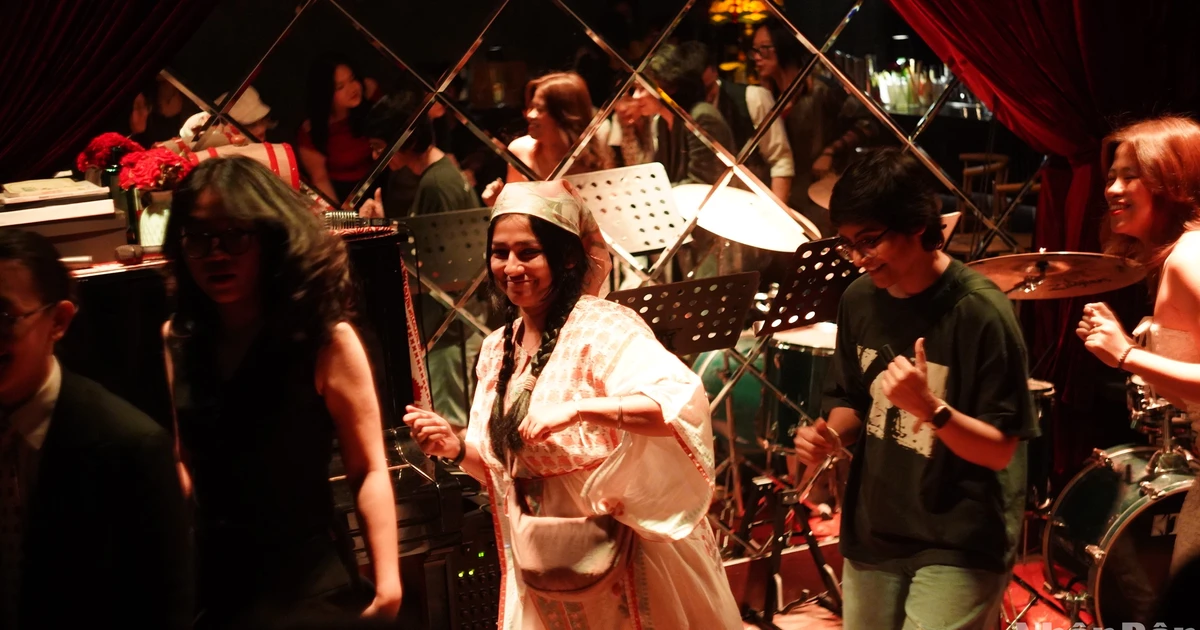




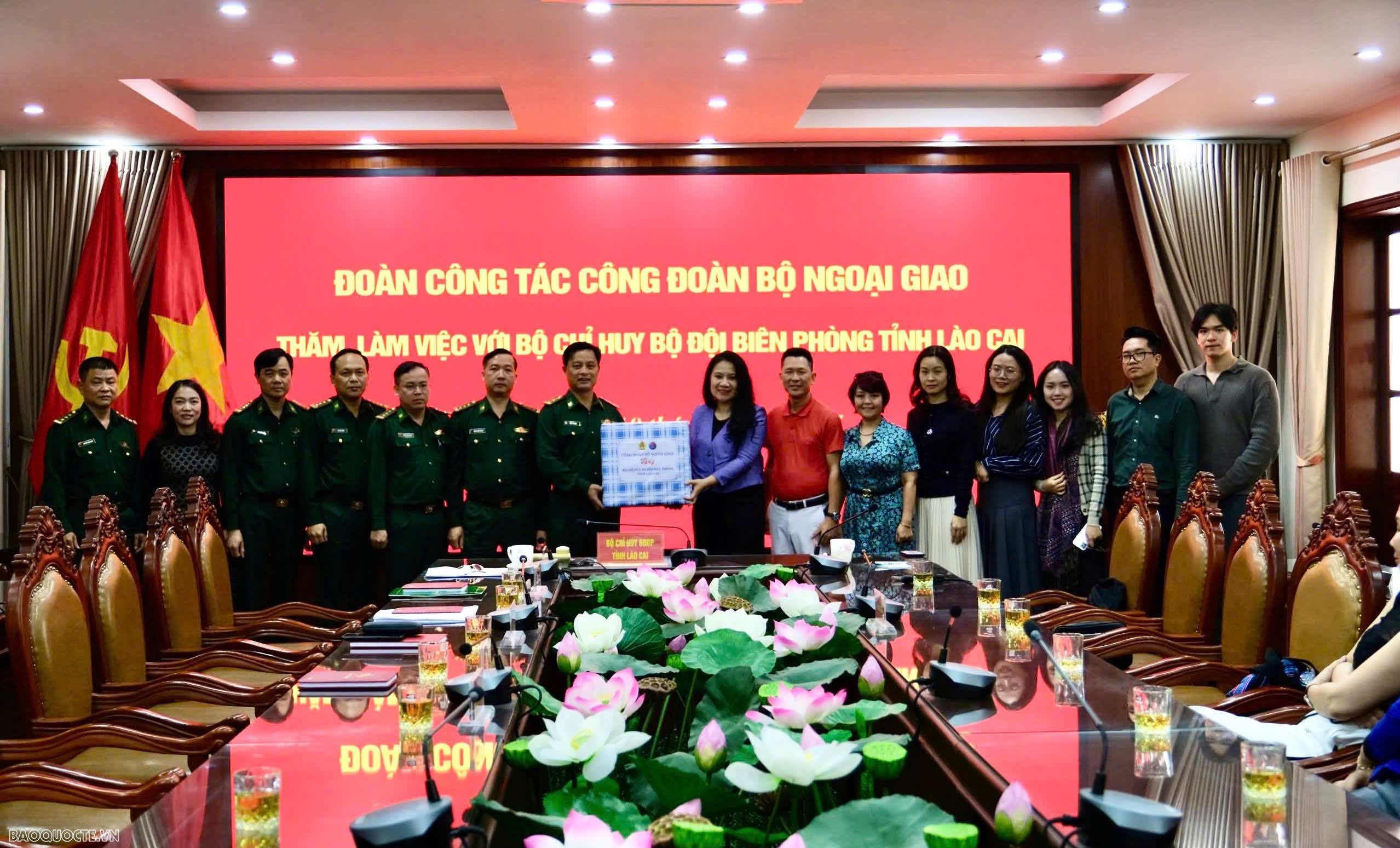

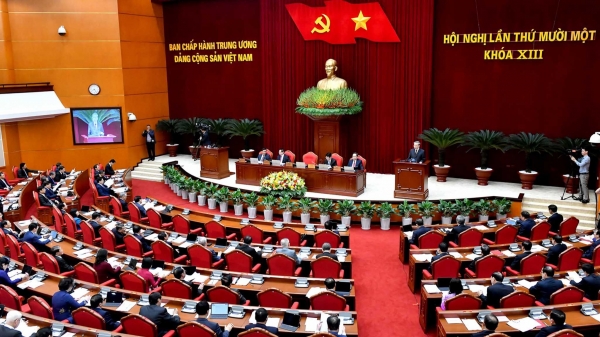


![[Photo] Summary of parade practice in preparation for the April 30th celebration](https://vstatic.vietnam.vn/vietnam/resource/IMAGE/2025/4/11/78cfee0f2cc045b387ff1a4362b5950f)









































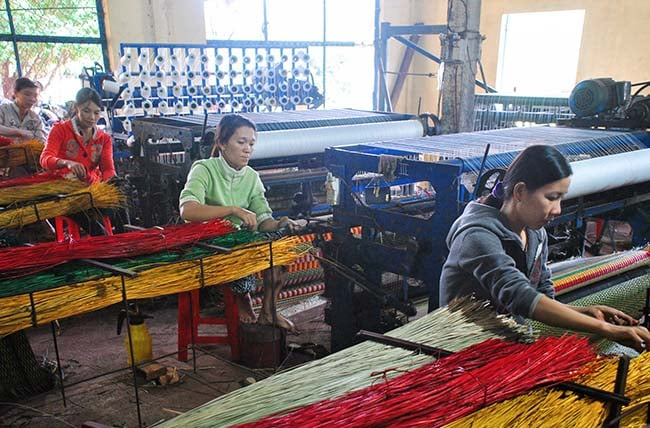



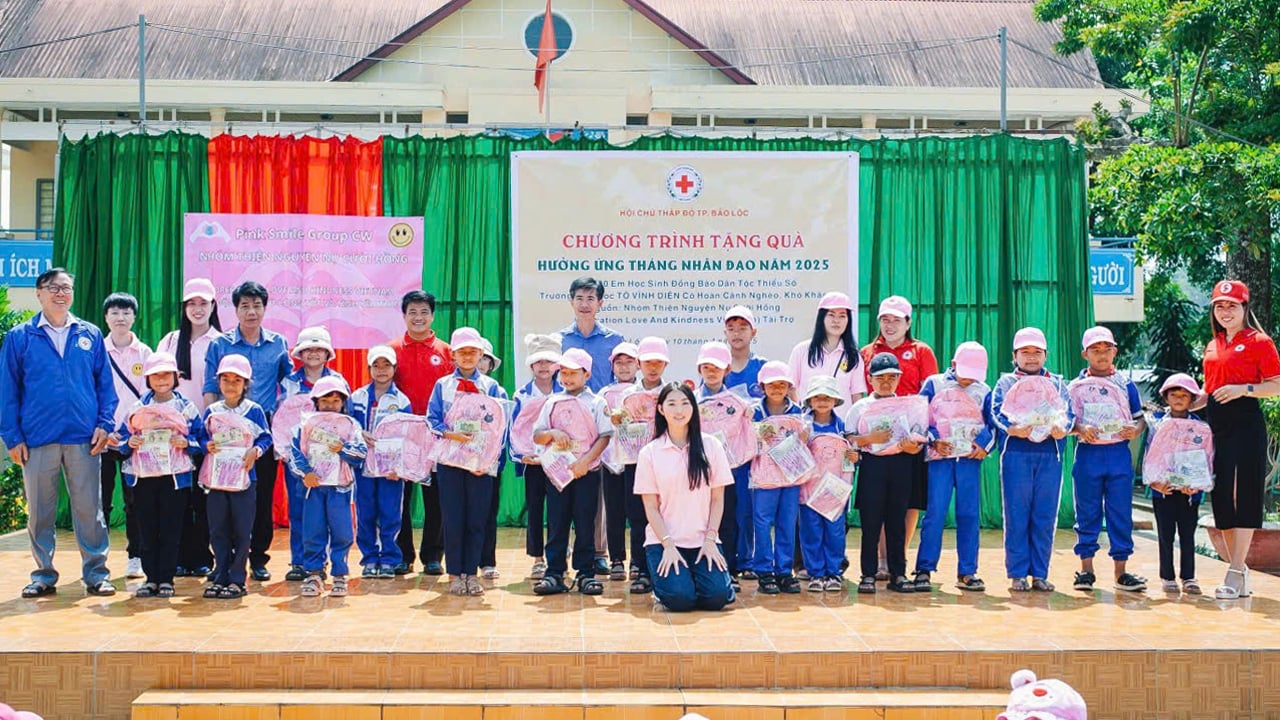
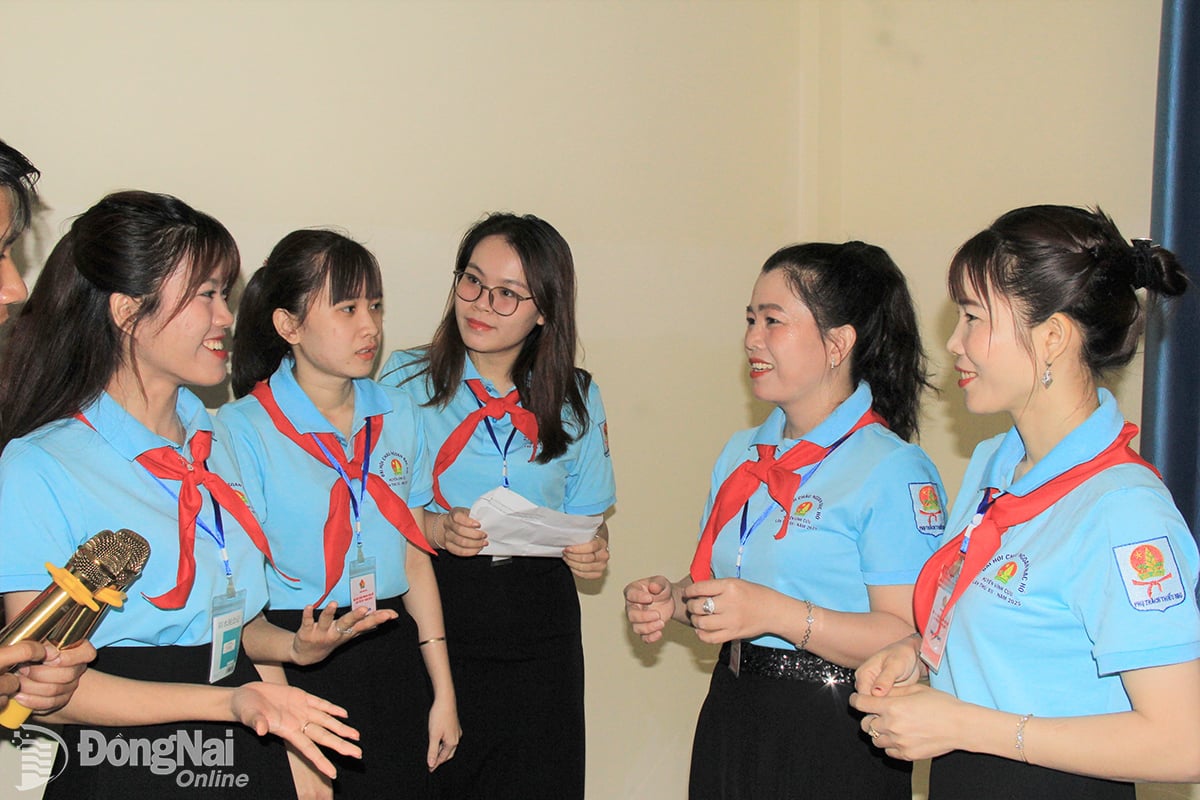













Comment (0)